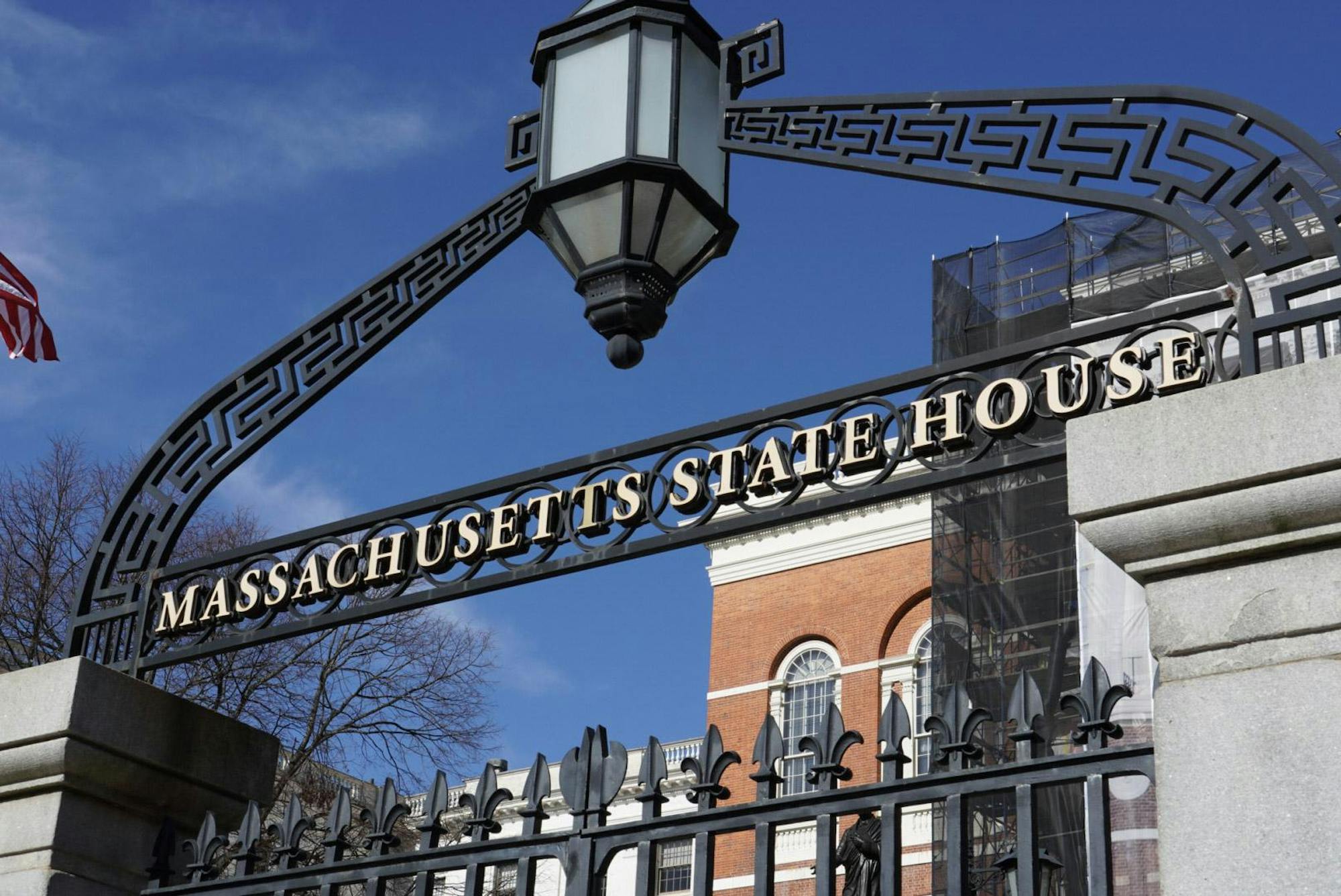Shortly before the Supreme Court’s decision to strike down affirmative action in June, Massachusetts legislators introduced a state bill that, if passed, would discourage colleges and universities from using admission practices that favor wealthier applicants.
Spearheaded by State Representatives Simon Cataldo and Pavel Payano, Bill H.3760 would impose a financial penalty on schools that give preference to legacy and donor applicants and offer binding early decision policies. Proportional to a school’s endowment per student, this “public service fee” would go directly towards funding the state’s public community colleges.
“This bill is designed to address affirmative action for the wealthy,” Cataldo said. “The bill does that by identifying three policies that weigh heavily in favor of wealthy students. Those policies subordinate merit to wealth.”
The bill, filed in early 2023 and presented to the Massachusetts Joint Committee on Higher Education in late June, is currently awaiting the committee’s approval — which may not arrive until spring 2024.
Cataldo said the bill would be a “win-win,” giving schools a binary choice of either halting practice of the aforementioned policies or “pay[ing] a fee that, while it’s nearly negligible to them in terms of the wealth of their institutions, … would be highly impactful to community colleges in the commonwealth.”
“I think the reason that this bill and this concept has attracted national attention is the profound hypocrisy of elite schools in, on the one hand, decrying the loss of race-conscious affirmative action, and on the other hand, persisting with the use of policies that clearly damage the opportunity for working-class kids to get into those schools when they would be otherwise qualified,” Cataldo said.
While the bill’s fee ranges from 0.01% of a school’s endowment to 0.2% for the wealthiest of universities, the bill would require schools with an endowment of over $2 billion to pay at least $2 million towards the joint fund. Tufts University, with an endowment of $2.4 billion, would have to pay this $2 million.
Patrick Collins, Tufts’ executive director of public relations, wrote in an email to the Daily that the university working group is reexamining its admissions policies “holistically and in the context of the accessibility of a Tufts education,” following the Supreme Court’s strikedown of affirmative action this previous summer.
“How the university will treat applicants with family members who have affiliations with Tufts is part of that review,” Collins wrote. “Because this work is ongoing, we are unable to comment in detail or speculate on potential strategies, but we are confident that we will end up with policies that allow the university to live up to our values and commitment to diversity while following the law.”
The bill notably discourages binding early admission, a practice that usually commits students to one school before they can consider other institutions’ financial aid packages. Applicants aren’t able to pick the most affordable option, which Cataldo says discourages them from applying early.
“The kids who apply early and get in early binding decision are two to three times [more] likely to be from a wealthy zip code, three times [more] likely to be from a private school,” Cataldo said. “When you have 55% or 60% of your spots taken up by binding early decision … there’s a much smaller number of spaces available for everyone who cannot afford [tuition].”
Dean of Admissions JT Duck said that the demographic of early decision applicants remains similar to that of the general student body, and maintained the university’s policy of meeting “100% of demonstrated financial need for all admitted students.”
Natasha Warikoo, professor of sociology at Tufts, has a different take on legacy, donor and early admissions.
“I do think there’s a fundamental problem in private higher education in the United States, which is our tuition dependency,” Warikoo said. “Obviously, you need financial aid. Some of that comes from the federal government, but not all of it. And private higher education has depended on donors to fill that gap. … Where’s this money going to come from?”
She says that in some ways, legacy admissions is a straw man for a bigger problem. Even if you ban preferential admissions for legacy students, “they’re just going to be replaced with someone who has a similar class background.”
“That’s not to say we shouldn’t do it,” she said. “But we also should be realistic about it’s not that you can automatically replace [legacy donors] with a student who needs say full financial aid, right?”
Warikoo underscored the greater public good that could be funded by Bill H.3760’s penalty fee.
“The places that are the engines of social mobility are really our community colleges, our big state schools,” Warikoo said. “Those are where you have a lot more working-class students who then have the higher education [that] leads them on a path that they otherwise wouldn’t have had available to them.”






